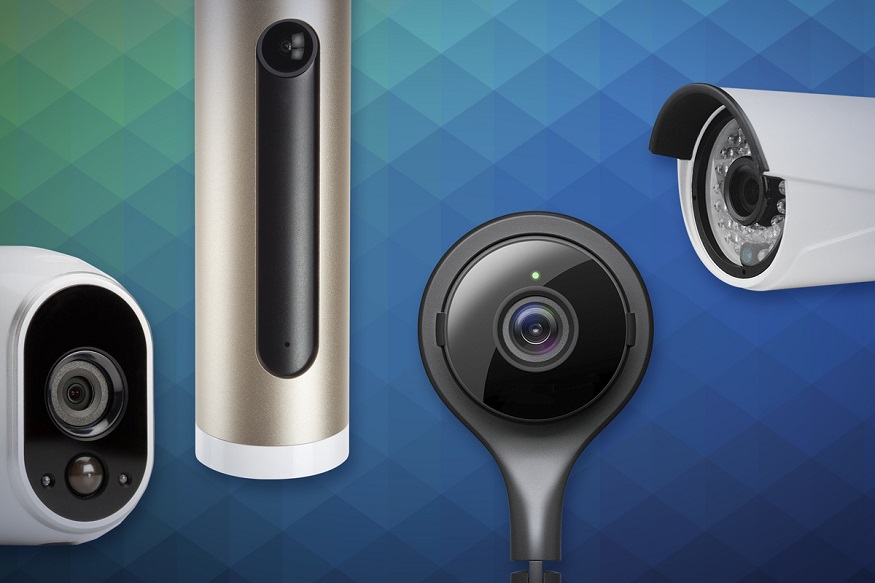There are various types of cameras in market and as a buyer you want to ensure that you choose the best surveillance camera as the security of your property and your loved ones. A lot of people opt to go for the latest camera and one of the latest surveillance camera models is IP camera. What is an IP camera? It is basically a security analogue camera that sends signal over a network. Thus, allowing better information as compared to analogue camera to DVR. Be it cables or wireless, CCTV cameras with IP systems has various advantages. Still if you are wondering when and how should you transit from normal analog camera to the IP camera system here is a detailed guide to decide when, how and why should one resort to IP camera system.
When is the right time to transit from basic analogue camera to IP camera system?
There are three key factors based on which one can decide to make a transit:
- The larger the area being secured the more is the need to make an immediate transit to IP camera.
- The more is the advanced camera feature the more is the need to support the data with an IP network.
- DVR’s are yet to catch-up with NVR systems
Why do you need to switch to IP camera systems?
Here are a few reasons why one should switch to IP camera.
Resolution – Be it cabled or wireless, IP camera CCTV systems have various advantages. The first and the vital advantage is that it records at a higher resolution that is upto 3 Megapixel. Which means the clarity and quality of the data recorded is of superior degree. Hence, the reliability is more even after zooming and recapping the footage.
Analytics–The digital video recorders on an analogue camera can’t highlight a particular event. For example, if you are searching for a footage of a specific event or moment, you need to run entire recording and go through each and every detail to search the same. This is a waste of time, which can be saved with an IP camera system as IP camera flags specific events based on parameters such as motion detectors, camera tampering, etc.
Scalability – A basic analogue system has to be hooked to the DVR system individually, which is why the DVR system can support only a limited number of cameras. Whereas an IP camera is connected to Network Video Recorder (NVR) system that runs cameras under a certain range of area with a single switch. Hence, you can install any number of cameras you need in your premises and manage them efficiently. The power supply can be taken care with Power over Ethernet (PoE).
There is no doubt that IP cameras cover a better field of view. Where you once needed to install multiple cameras to cover a wide space, it can be now surveilled with one IP camera. Security is a priority concern for every premises be it commercial or residence. And hence, even if the IP cameras come at slightly higher range than the other options, we suggest to avoidcost cutting. A smart investment made in a good security system can save you from a higher damage in future.
